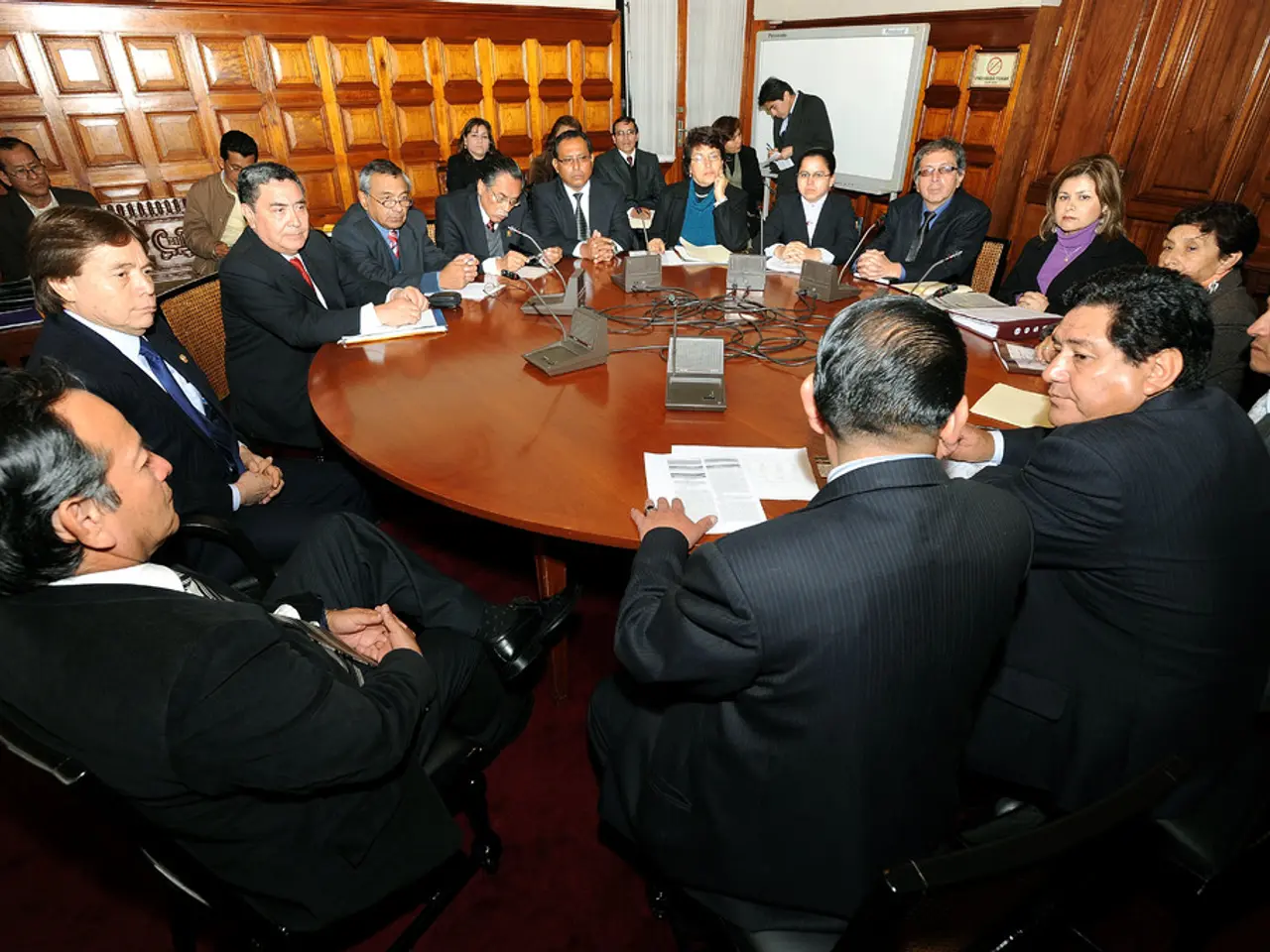Settling Senior Care Disputes: A Detailed Handbook for Navigating Conflicts
Disputes in elder care settings can be complex and emotionally charged, often involving disagreements over living arrangements, medical treatment, financial management, and estate and inheritance conflicts. In such situations, effective dispute resolution is crucial for maintaining the well-being of the elderly individual and preserving relationships among family members and caregivers.
Types of Elder Care Disputes
Common disputes in elder care include disagreements over living arrangements and caregiving responsibilities, medical treatment and end-of-life decisions, financial management and elder abuse, and estate and inheritance conflicts.
Strategies for Resolution
Mediation
Mediation is a flexible, confidential process where a neutral mediator assists parties in communicating and negotiating solutions collaboratively. The best practices for mediation in elder care include emphasizing open communication and active listening to genuinely understand all parties' concerns and interests. Focusing on underlying interests, such as the elder’s well-being, rather than fixed positions enables creative "win-win" solutions. Drafting a formal settlement agreement with legal counsel review ensures clarity and enforceability, while including follow-up provisions for ongoing or evolving care situations is essential.
Mediation helps preserve family relationships by fostering empathy and cooperation, avoiding the adversarial nature of court proceedings. It allows parties more control over outcomes than litigation or arbitration, making it often preferred when maintaining ongoing family dynamics is critical.
Arbitration
Arbitration is a less formal, private process where an arbitrator hears evidence from parties and makes a binding decision. The best practices for arbitration in elder care include choosing a knowledgeable arbitrator well-versed in elder law issues, preparing by understanding arbitration procedures and agreeing on scope and rules beforehand, and using arbitration when parties want a quicker, binding resolution but still prefer to avoid public court battles.
Litigation
Litigation is a formal court process where a judge (and sometimes a jury) decides the dispute. It is often regarded as a last resort due to its complexity, time commitment, and potential costs involved. Best practices for litigation involve resorting to it when mediation or arbitration fail or in cases requiring legal precedent or enforcement power.
Additional Best Practices in Elder Care Dispute Resolution
Early discussions and advance planning, routine family meetings, professional involvement, reframing conflicts, and respecting cultural norms are essential best practices in resolving elder care disputes. These strategies aim to foster communication and collaboration among parties in elder care settings, emphasizing cooperation and joint problem-solving.
Summary Comparison
| Resolution Method | Control Over Outcome | Formality | Impact on Relationships | Time & Cost | Suitability in Elder Care Disputes | |-------------------|---------------------|-----------|-------------------------|-------------|----------------------------------------------------| | Mediation | High | Low | Preserves/repairs | Low | Best for ongoing family issues, preserving harmony | | Arbitration | Moderate | Moderate | Neutral | Moderate | When parties want faster, binding resolution | | Litigation | Low | High | Often harms | High | Last resort, when court enforcement is necessary |
In conclusion, mediation is generally the most effective and preferred approach for resolving elder care disputes due to its flexibility, confidentiality, and relationship-preserving qualities. Arbitration offers a middle ground with binding decisions but less formality than court. Litigation, though sometimes necessary, should be reserved for intractable disputes where legal enforcement or precedent is critical.
- In the context of elder care disputes, choosing mediation as a resolution method can help maintain the elderly individual's health and wellness by promoting empathy, cooperation, and creative solutions, making it suitable for situations that prioritize ongoing family dynamics.
- Strategies like advance planning and routine family meetings, which emphasize communication and collaboration, can aid in addressing medical-conditions and health-and-wellness issues effectively in elder care settings, aligning with the goal of preserving the well-being of the elderly individual.




